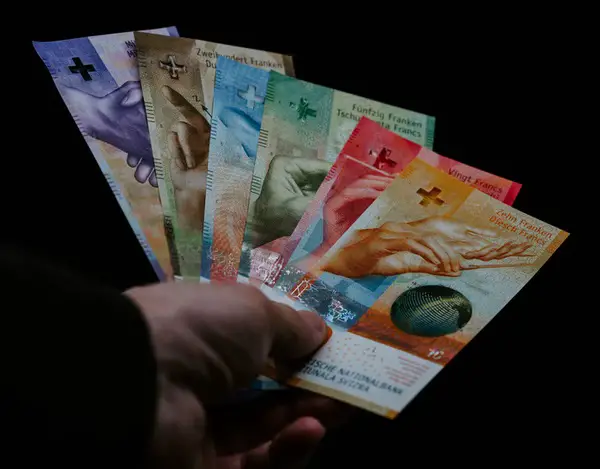Driven by rising inflation, the Swiss National Bank raised interest rates for the first time since 2007, raising the policy rate 0.5%, to -0.25%.
The franc immediately rose more than 2% against the euro, bringing the two currencies’ values almost into perfect parity.
The SNB took action just hours after the Federal Reserve raised its benchmark rate by .75%. Similar to the results of the FOMC meeting, Swiss policy makers, led by President Thomas Jordan, raised their inflation predictions and said there may be more rate hikes to come.
Jordan said, “We do not exclude further rate hikes, but we are also not in the business of forward guidance. We should not underestimate the risk of high inflation.”
For a long time, the Swiss National Bank has tried to maintain a weaker position for the Swiss franc, however despite that concerns about inflation finally tipped the balance, and forced a policy of tightening. However the SNB was quick to point out it has at its disposal two options. It can step in against excessive appreciation, or it can sell the franc, if it weakens. In Jordan’s words, they can act in, “both directions.”
Francesco Pesole, a currency strategist at ING Groep NV said, “They have made a complete U-turn in their currency management policy.”
According to options pricing compiled by Bloomberg, the probability of the euro-franc pair trading below parity a month from now is presently 19%, up from 7% at Wednesday’s close. The currencies last had parity in March.
Viraj Patel, macro strategist at Vanda Research said, “A lot of macro investors — including ourselves — will now be eyeing Swiss franc longs in a world where the SNB is hiking rates and global recession risks are intensifying. We wouldn’t be surprised if the next few months is all about testing the SNB’s pain threshold for a stronger Swiss franc.”

